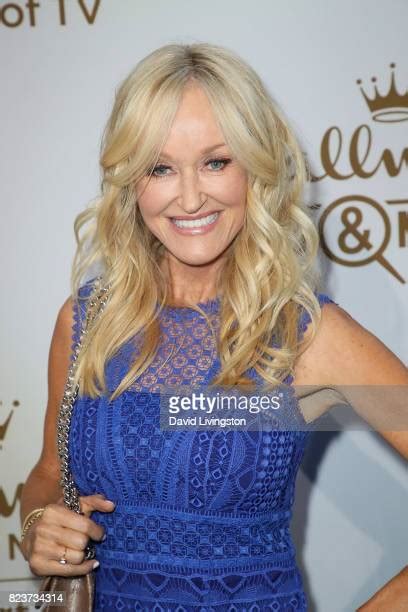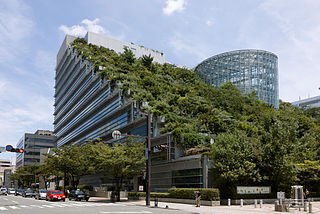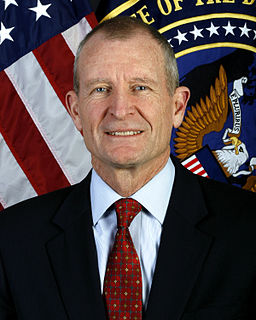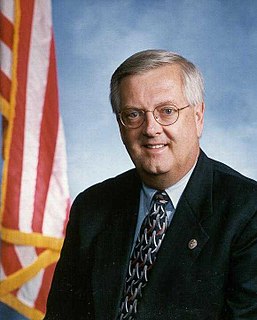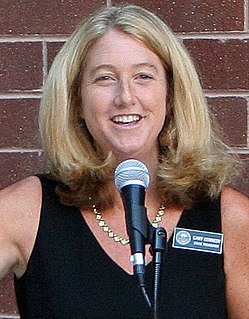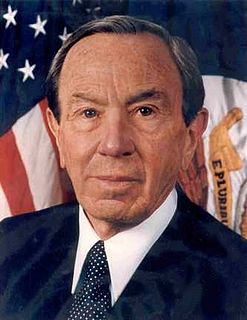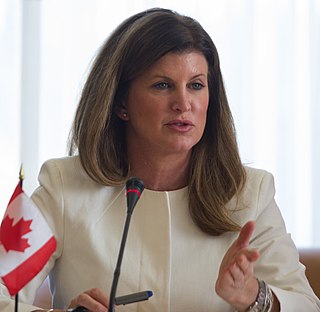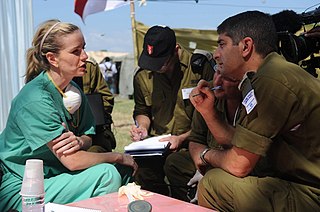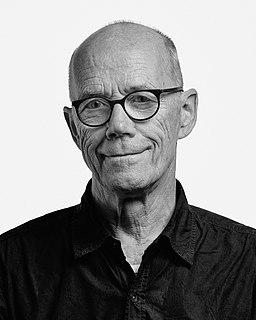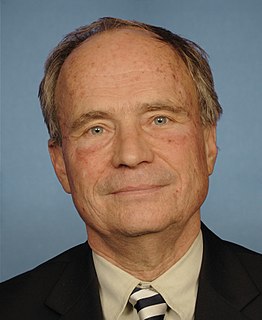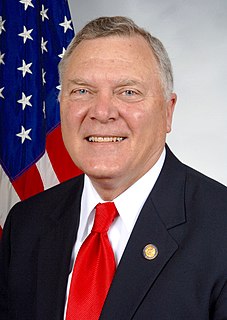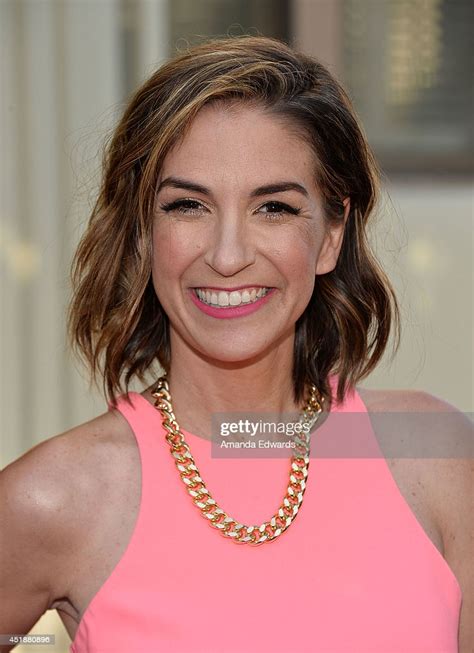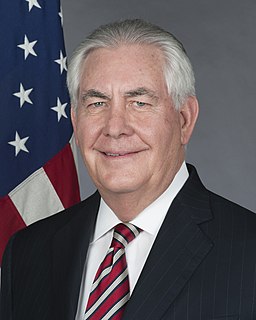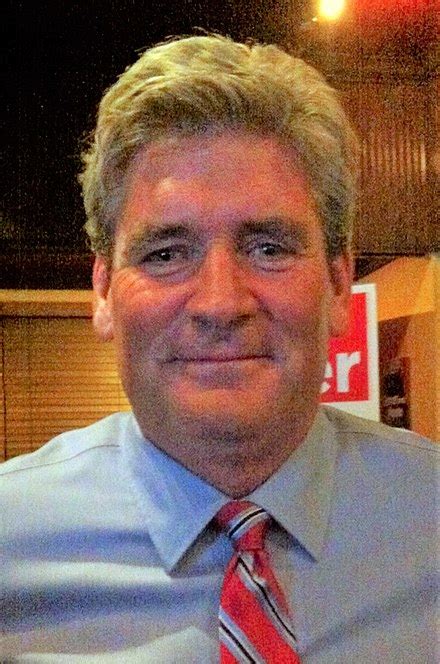Top 1200 Sharing Information Quotes & Sayings - Page 6
Explore popular Sharing Information quotes.
Last updated on April 21, 2025.
Just as entropy is a measure of disorganization, the information carried by a set of messages is a measure of organization. In fact, it is possible to interpret the information carried by a message as essentially the negative of its entropy, and the negative logarithm of its probability. That is, the more probable the message, the less information it gives. Cliches, for example, are less illuminating than great poems.
There are all sorts of institutions in the economic world which depart from the simple price/market model which I worked on in an earlier incarnation and which has been sort of the mainstream of economic theories since Adam Smith and David Ricardo. There are all sorts of contractual relations between firms and individuals which do not conform to the simple price theory - profit-sharing schemes and so forth - and the explanation for these suddenly became clear. We now understand why these emerged and that they are based on differences in information in the economy.
Money and prices and markets don't give us exact information about how much our suburbs, freeways, and spandex cost. Instead, everything else is giving us accurate information: our beleaguered air and watersheds, our overworked soils, our decimated inner cities. All of these provide information our prices should be giving us but do not.
I continue to hear concerns from health professional organizations that dried marijuana is not an approved drug or medicine in Canada. They want clearer guidance on safety and effectiveness and want authorizations to be monitored. That is why I asked Health Canada to consult with provincial and territorial regulatory bodies, companies licensed to produce marijuana and other professional organizations to enhance information-sharing on how doctors and nurse practitioners are authorizing the use of marijuana.
Based on research into the Picture Superiority Effect, when we read text alone, we are likely to remember only 10 percent of the information 3 days later. If that information is presented to us as text combined with a relevant image, we are likely to remember 65 percent of the information 3 days later.
These days, information is a commodity being sold. And designers-including the newly defined subset of information designers and information architects-have a responsible role to play. We are interpreters, not merely translators, between sender and receiver. What we say and how we say it makes a difference. If we want to speak to people, we need to know their language. In order to design for understanding, we need to understand design.
You both passed out,” Percy said. “I don’t know why, but Ella told me not to worry about it. She said you were…sharing?” “Sharing,” Ella agreed. She crouched in the stern, preening her wing feathers with her teeth, which didn’t look like a very effective form of personal hygiene. She spit out some red fluff. “Sharing is good. No more blackouts. Biggest American blackout, August 14, 2003. Hazel shared. No more blackouts.” Percy scratched his head. “Yeah…we’ve been having conversations like that all night. I still don’t know what she’s talking about.
Healthy areas that are richest in information are those areas in the wild where we can get all the information that's available to us within our human hearing range. The most valuable information throughout human evolution has been faint sounds. We tend to think in our modern world that if it's loud, if it grabs our attention, it's important. We get a lot of that in advertising. But in nature, it's the faintest sound that's important; it has determined, in the past of our ancestors, perhaps, if they will live or die. Faint sounds are the earliest clues of newly arriving information.
It was the same with friendship. Disagreement between friends and spouses, too had to be carefully handled. If the time you spent with friends was consumed by disagreement, then there was no room for the essence of friendship, which was a sharing of the world. And that sharing involved seeing things the same way, or at least seeing things through the eyes of the friend.
I didn't know how to check other people's feeds. When I started Instagram, it was just me posting! But then at some point, like eight months ago, I realized I could see what other people were sharing. It was so exciting and so fun, but it was like I'd already gotten into the rhythm of sharing and not worrying about what it was like compared to other accounts. I think that was kind of protective, in a way.
The term "informatics" was first defined by Saul Gorn of University of Pennsylvania in 1983 (Gorn, 1983) as computer science plus information science used in conjunction with the name of a discipline such as business administration or biology. It denotes an application of computer science and information science to the management and processing of data, information and knowledge in the named discipline.

